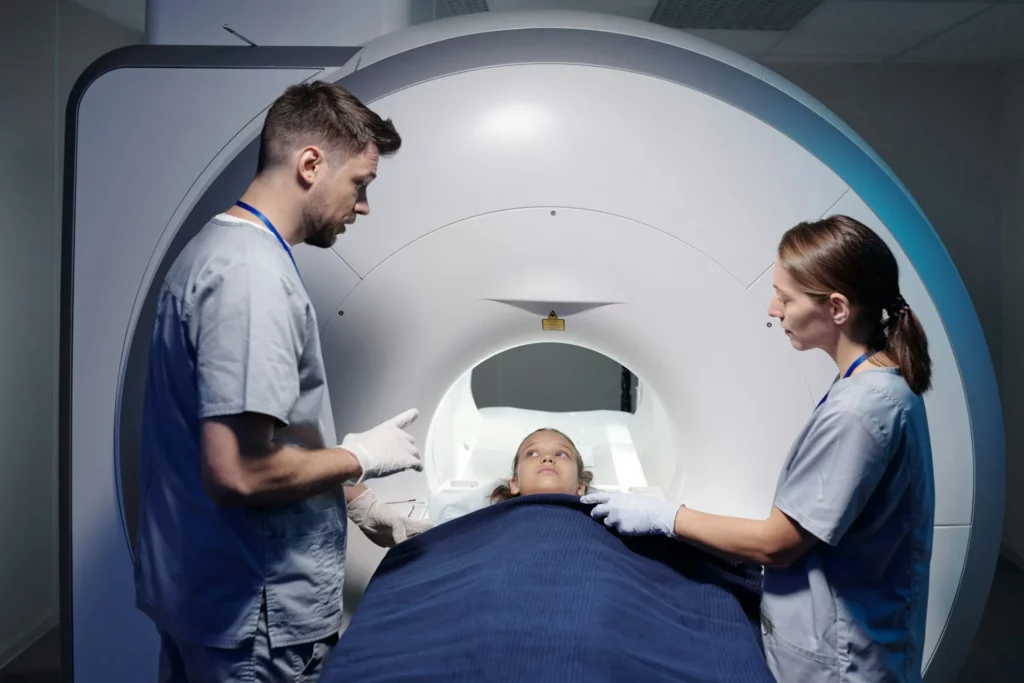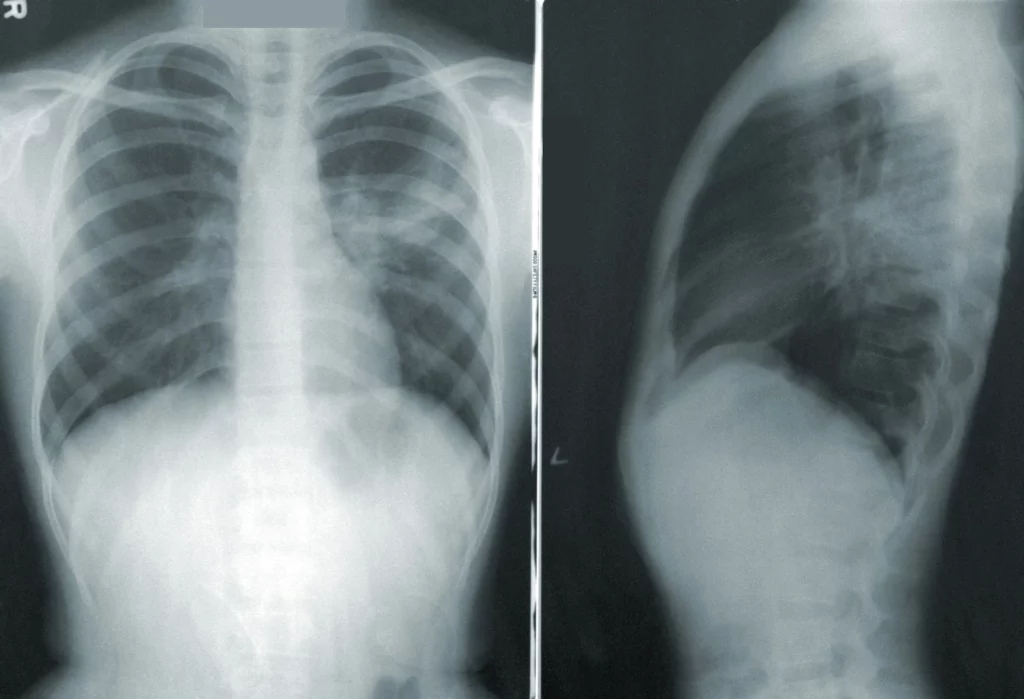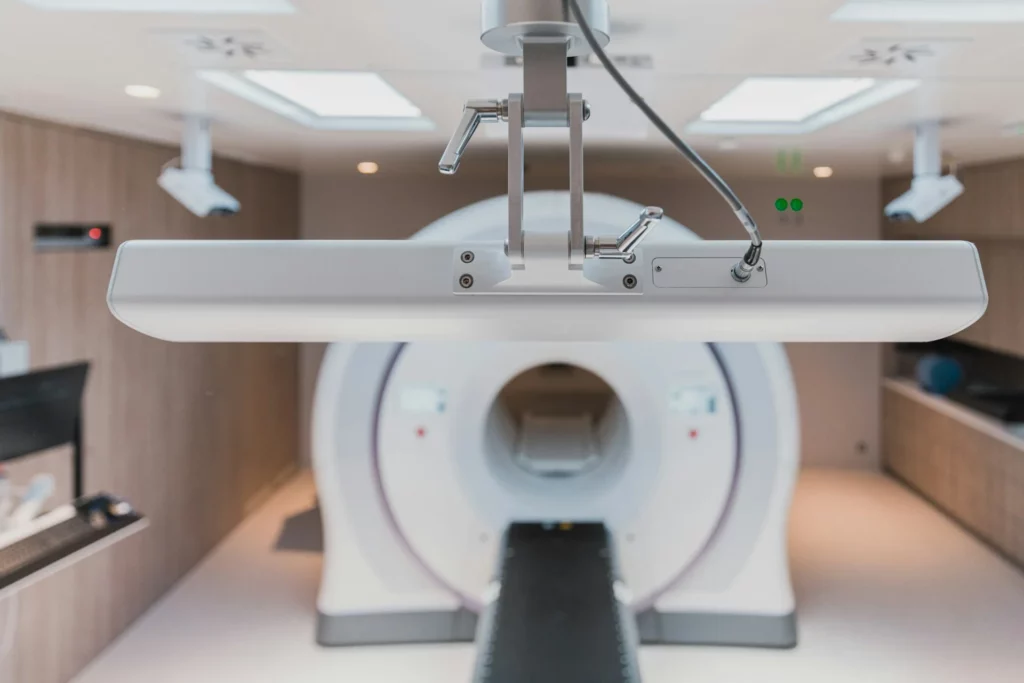When choosing a career in healthcare, it’s only natural to wonder who makes more: respiratory therapist or radiology tech. While both are rewarding and in-demand roles, the salary—and what goes into earning it—can differ quite a bit.
Whether you’re looking to switch careers or start fresh in the allied health world, salary is just one piece of the puzzle. But it’s a big one, and we’re here to break it down clearly.
For more real-world tips on getting started, packing for your first gig, and everything in between, check out our Healthcare Traveler Blogs.
Who Makes More: Respiratory Therapist or Radiology Tech?
Let’s get straight to it: who makes more: respiratory therapist or radiology tech?
On average, respiratory therapists slightly outrank radiology techs in annual salary. Based on national stats, RTs earn about $70,540 per year, while radiologic technologists make around $67,180. So, if we’re going by base salary alone, RTs win—but there’s more to this story.
Specialty Changes Everything
Within radiology, technologists who specialize (like in MRI or interventional procedures) can boost their income significantly. Many of the best paying radiology jobs are in these specialized areas, with some reaching six figures with the right experience and credentials.
In contrast, respiratory therapy offers fewer specializations—but a high demand, especially in critical care and pulmonary rehab settings, helps keep salaries competitive.
Responsibilities: What Does Each Job Look Like?

Daily Life of a Respiratory Therapist
Respiratory therapists work closely with patients to help manage breathing conditions. You’ll often find them in ERs, ICUs, or pulmonary care units.
Common tasks include:
- Administering oxygen and managing ventilators
- Evaluating lung function
- Teaching patients how to manage chronic conditions like asthma or COPD
Daily Life of a Radiology Tech

Radiology techs use imaging technology to help doctors diagnose internal problems. They might specialize in X-rays, MRIs, or CT scans, depending on training.
Their role includes:
- Prepping patients for imaging
- Operating machines and capturing images
- Ensuring safety protocols to limit radiation exposure
Both roles are patient-facing and essential—but they have very different vibes. If you’re into hands-on tech and visual diagnostics, radiology might be your jam. If you enjoy clinical care and helping people breathe easier, RT work might suit you better.
Respiratory Therapist vs Radiology Tech Salary by Setting
Another way to look at respiratory therapist vs radiology tech salary is by where you work. Hospital settings usually pay more than clinics or outpatient centers. And if you’re willing to work nights, weekends, or travel contracts, that number can jump fast.
At Junxion Med Staffing, many of our travelers enjoy higher-than-average compensation thanks to flexible contracts and housing stipends. You can explore some of our radiology tech opportunities and see what’s open near you.
Education Requirements: Similar Start, Different Finish
Both careers typically start with an associate degree. Whether you want to be a radiology tech or a respiratory therapist, you’ll need formal training and certification.
Radiology Technicians Need:
- A 2-year degree in radiologic technology
- ARRT certification (and sometimes state licensure)
- Continuing education to stay up to date
Respiratory Therapists Need:
- A 2-year degree in respiratory care (some positions prefer a bachelor’s)
- NBRC certification
- State licensure to practice
So if you’re comparing radiology vs respiratory therapist salary and wondering about the effort it takes to get there—training time and costs are pretty comparable.
Growth and Demand: Where the Jobs Are
No matter which route you choose, both fields are growing steadily. According to the Bureau of Labor Statistics, demand for radiologic techs is expected to grow 6% through 2032, while respiratory therapists are projected at 13% growth in the same time frame.
That’s a big edge for RTs, especially in post-pandemic America where lung health has taken center stage.
If you’re already licensed and ready to go, we make onboarding quick. Our employee resources page is full of helpful tools to get you travel-ready.
Annual Salary for Radiology Technician: Breaking It Down
The annual salary for radiology technician roles ranges widely depending on your subspecialty and certifications.
Here’s a quick snapshot:
- X-ray Techs: Around $60,000–$70,000
- CT or MRI Techs: Closer to $80,000 or more
- Interventional Radiology Techs: Often $90,000+ with call pay and overtime
So if you’re asking who makes more: radiology tech or respiratory therapist, the answer might depend on which type of rad tech job you’re comparing.
Are Respiratory Therapists Nurses?

Not quite, but it’s a common question: are respiratory therapists nurses?
Respiratory therapists are not nurses, though they work closely alongside nursing staff in many clinical environments. Nurses provide general patient care across systems, while RTs specialize in pulmonary treatments and airway management.
Different credentials, different training—but often similar teamwork on the floor.
Travel Careers and Lifestyle Perks
Whether you go with RT or rad tech, traveling can give you a big edge in pay, experience, and adventure. At Junxion Med Staffing, we connect you with top contracts, provide housing stipends, and make sure you’re supported from day one.
New to travel? Here’s what to pack for your first assignment so you hit the ground running.
You can also browse open roles across 20+ states on our travel allied health careers hub.
FAQs About Junxion Med Staffing

What types of contracts does Junxion offer?
We offer 13-week travel contracts for radiologic technologists, respiratory therapists, and other allied professionals across 20+ states. Most include housing stipends, travel support, and competitive pay packages.
Do I need prior travel experience?
Nope! We work with both new travelers and seasoned pros. First-timers get extra support from our team to make sure every step—from credentialing to check-in—goes smoothly.
Does Junxion staff CNAs or aides?
No, we specialize in advanced practice providers and allied health professionals, including surgical techs, cath lab techs, RTs, and rad techs. We don’t place CNAs, LPNs, or home health aides.
How can I level up my skills?
Cross-training and continuing education are huge. Many of our travelers pursue extra certifications like MRI, CT, or interventional radiology to boost their pay and marketability. For licensure info, visit the OT Compact website for state-specific requirements.


 and then
and then